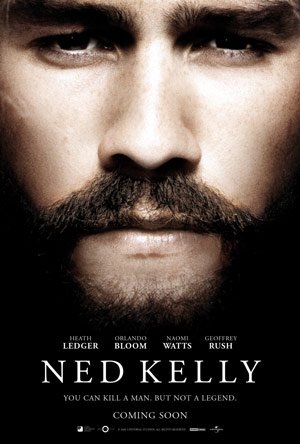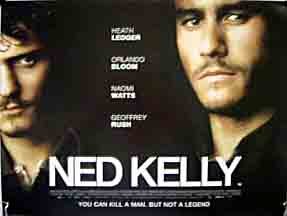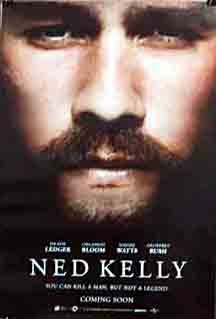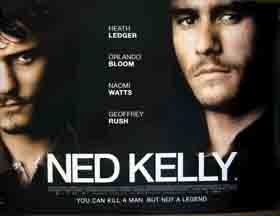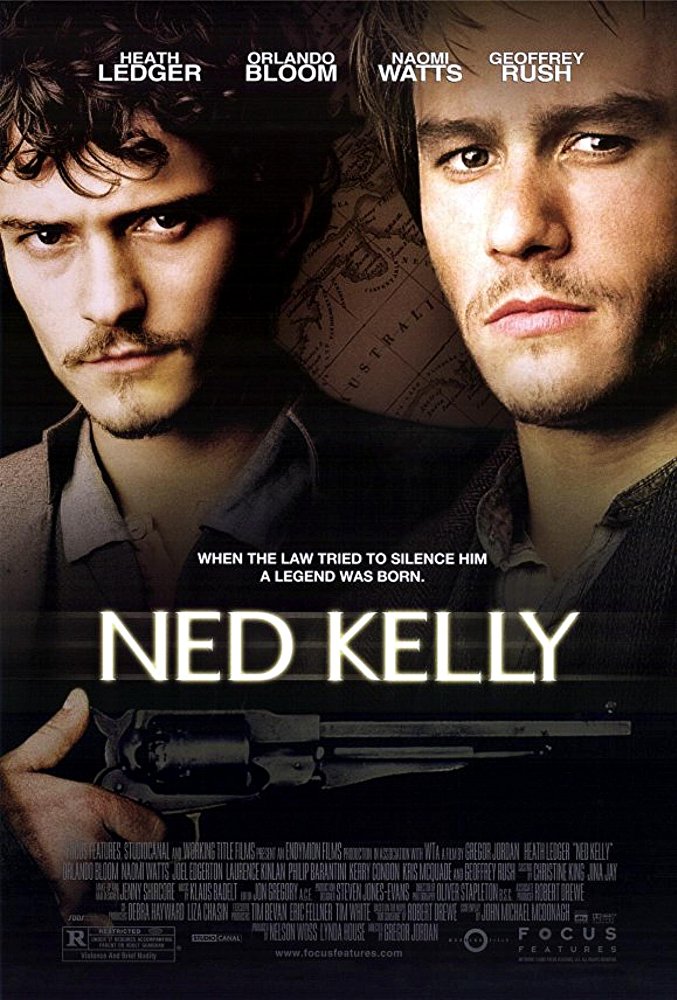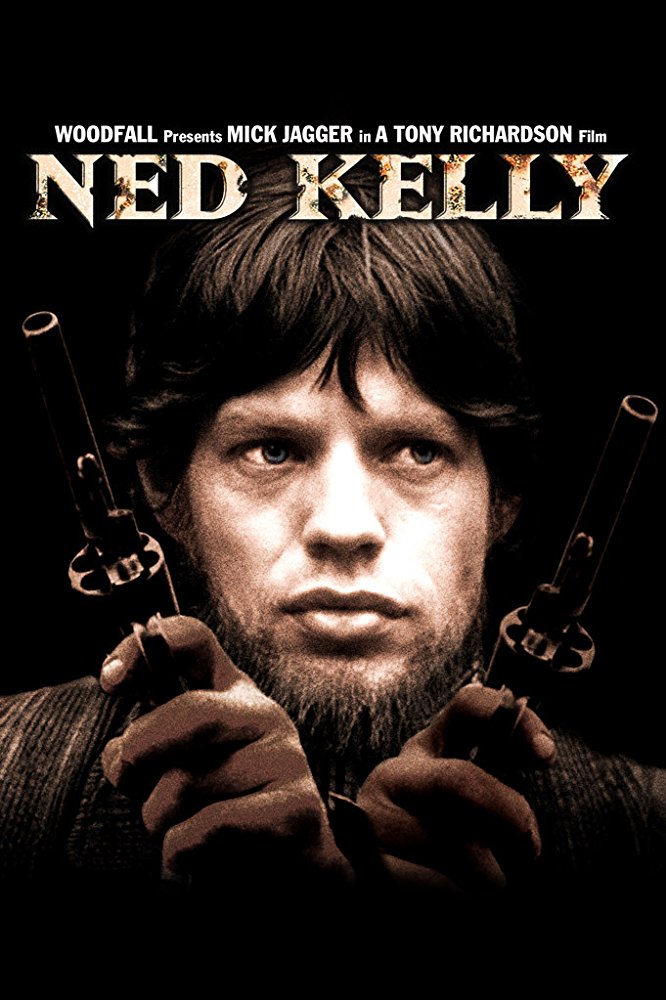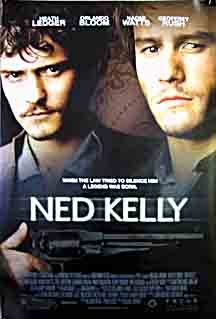Edward Ned Kelly (December 1854 11 November 1880) was an Australian bushranger of Irish descent.Kelly was born in the British colony of Victoria as the third of eight children to an Irish convict from County Tipperary and an Australian mother with Irish parentage. His father died after serving a six-month prison sentence, leaving Kelly, then aged 1...
Show more »
Edward Ned Kelly (December 1854 11 November 1880) was an Australian bushranger of Irish descent.Kelly was born in the British colony of Victoria as the third of eight children to an Irish convict from County Tipperary and an Australian mother with Irish parentage. His father died after serving a six-month prison sentence, leaving Kelly, then aged 12, as the eldest male of the household. The Kellys were a poor selector family who saw themselves as downtrodden by the Squattocracy and as victims of police persecution. Arrested in 1870 for associating with bushranger Harry Power, Kelly was first convicted of stealing horses and imprisoned for three years. He fled to the bush in 1878 after being indicted for the attempted murder of a police officer at the Kelly family's home. After he, his brother Dan, and two associates fatally shot three policemen, the Government of Victoria proclaimed them outlaws.During the remainder of the Kelly Outbreak, Kelly and his associates committed armed bank robberies in Euroa and Jerilderie, and murdered Aaron Sherritt, a friend turned police informer. In a manifesto letter, Kellydenouncing the police, the Victorian government and the British Empireset down his own account of the events leading up to his outlawry. Threatening dire consequences against those who defied him, he ended with the words, I am a widow's son outlawed and my orders must be obeyed. When Kelly's attempt to derail and ambush a police train failed, he and his gang, dressed in homemade suits of metal armour, engaged in a final violent confrontation with the Victoria Police at Glenrowan on 28 June 1880. All were killed except Kelly, who was severely wounded by police fire and captured. Despite support for his reprieve, Kelly was tried, convicted and sentenced to death by hanging, which was carried out at the Old Melbourne Gaol. His final words are famously reported to have been such is life .Even before his execution, Kelly had become a legendary figure in Australia. Historian Geoffrey Serle called Kelly and his gang the last expression of the lawless frontier in what was becoming a highly organised and educated society, the last protest of the mighty bush now tethered with iron rails to Melbourne and the world. Despite the passage of more than a century, he remains a cultural icon, inspiring countless works in the arts, and is the subject of more biographies than any other Australian. Kelly continues to cause division in his homeland: some celebrate him as Australia's equivalent of Robin Hood, while others regard him as a murderous villain undeserving of his folk hero status. Journalist Martin Flanagan wrote that, what makes Ned a legend is not that everyone sees him the sameit's that everyone sees him. Like a bushfire on the horizon casting its red glow into the night.
Show less «

